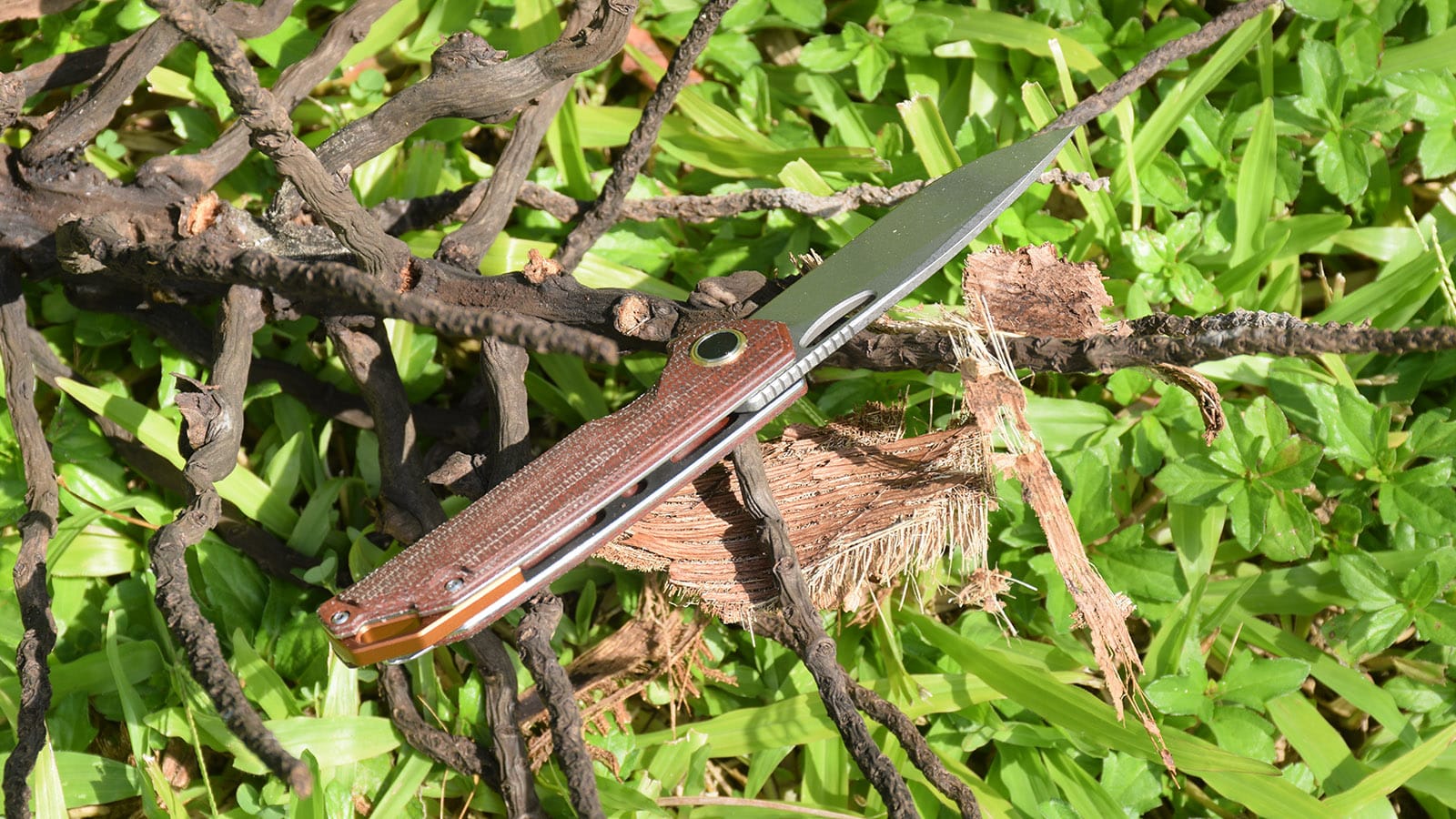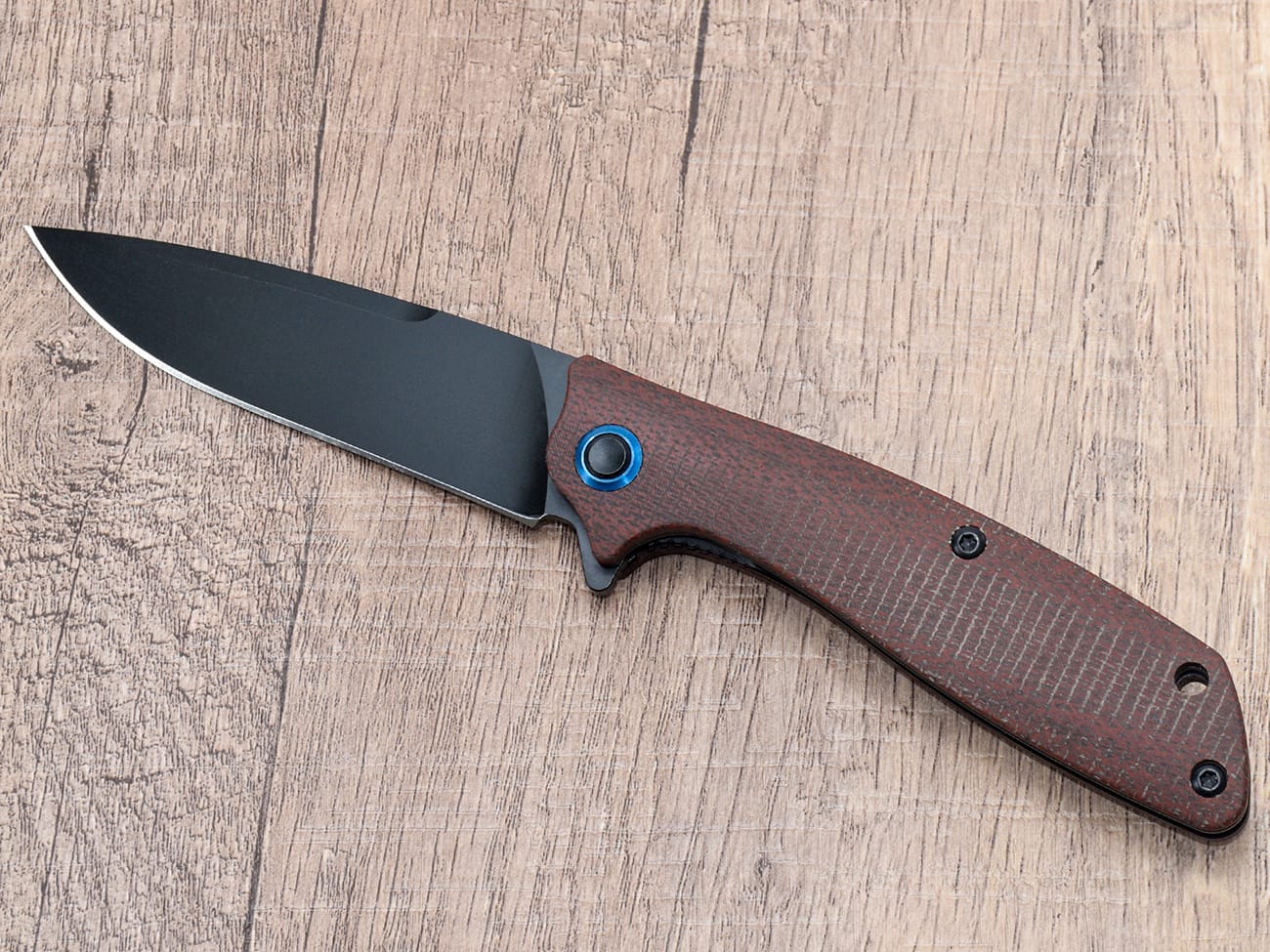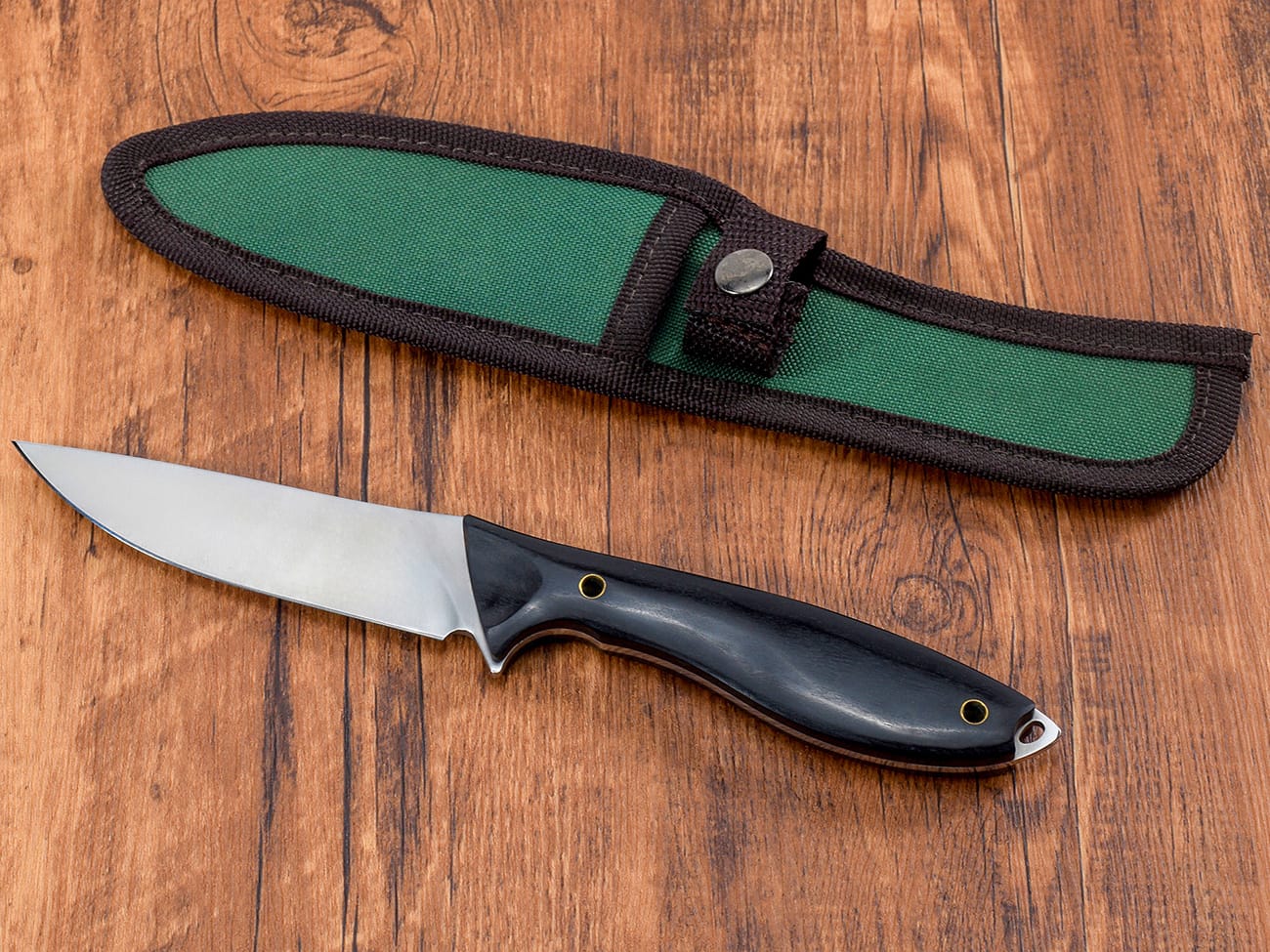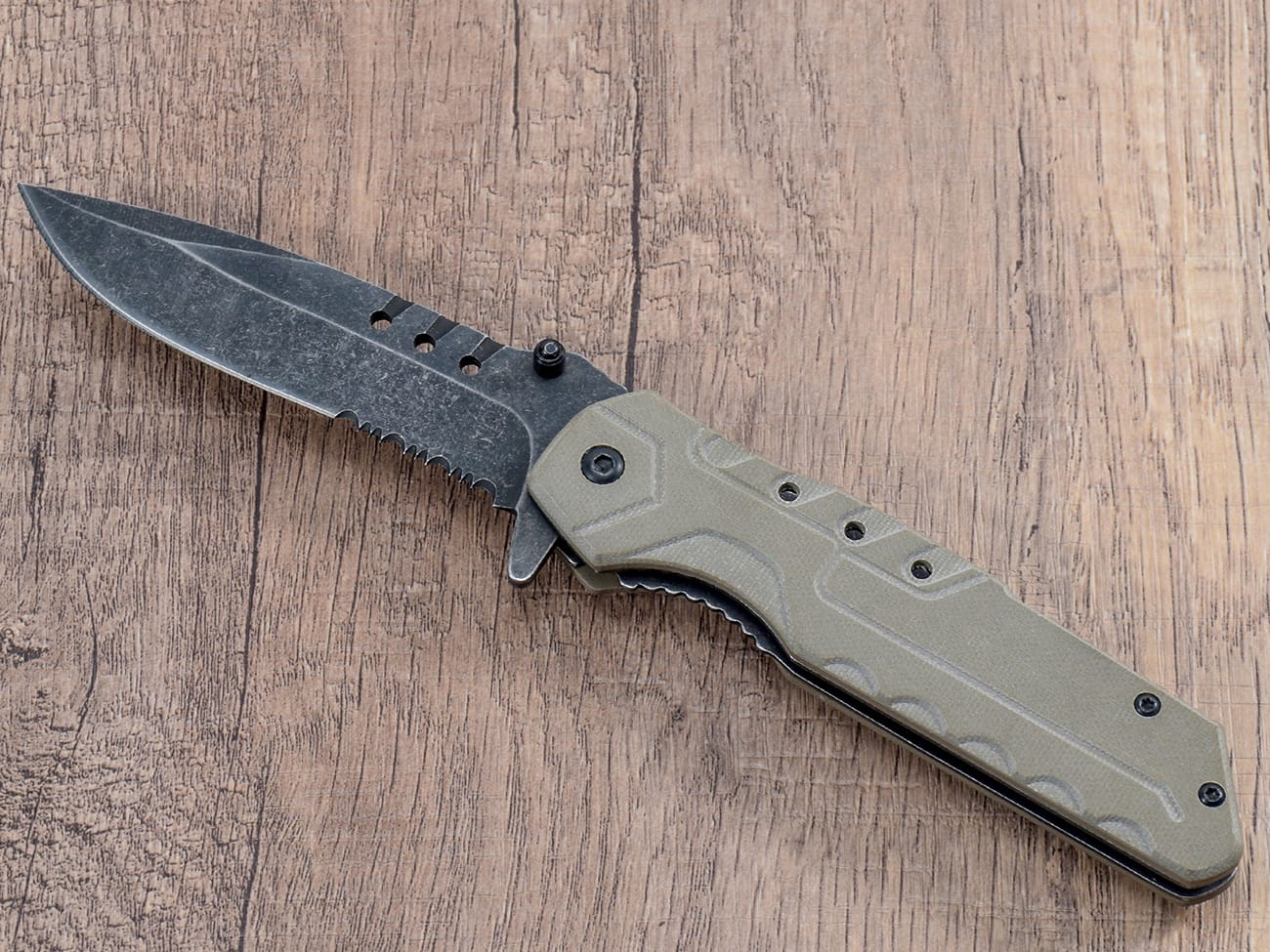Whether you’re an outdoor enthusiast or just curious about the capabilities of your everyday carry knife, understanding how to safely use a pocket knife for wood cutting is essential knowledge. This comprehensive guide will explore the possibilities and limitations of using pocket knives for tree-related tasks, from small branches to larger pieces of wood.
What Makes a Pocket Knife Suitable for Cutting Wood?
A pocket knife needs specific characteristics to effectively cut wood. The blade material, thickness, and edge geometry all play crucial roles. A sharp pocket knife with a robust blade and comfortable handle provides the best results for wood cutting tasks.
Can You Actually Cut Down a Tree with a Pocket Knife?
While technically possible, using a pocket knife to cut down a tree is not recommended. A folding knife lacks the necessary size and strength for such tasks. Instead, proper tools like axes or saws should be used for felling trees.
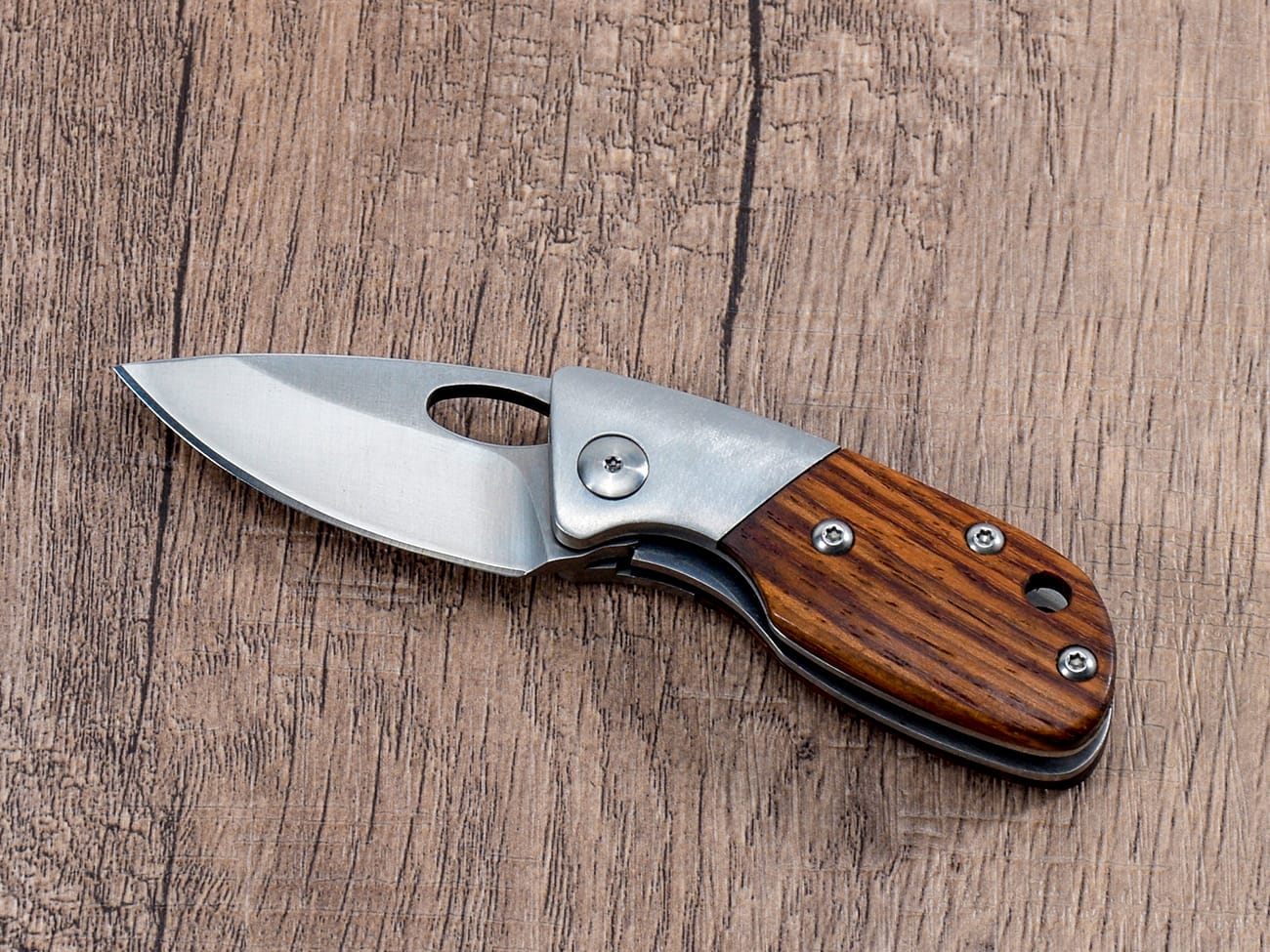
What Are the Best Ways to Use Your Pocket Knife for Wood?
When it comes to wood processing, your EDC knife can be effectively used for:
- Creating kindle for campfires
- Whittling small pieces
- Splitting wood through batoning (with proper technique)
- Pruning small branches
- Making feather sticks for fire starting
Safety Considerations When Cutting Wood
Before you use your pocket knife to cut wood, consider these important safety tips:
- Always cut away from yourself
- Ensure the knife lock is secure
- Use appropriate force without overexerting
- Keep the blade sharp
- Wear protective gloves when necessary
What Types of Wood Can a Pocket Knife Handle?
A sharp pocket knife works best with:
- Softwoods like pine and cedar
- Small diameter branches
- Dry wood rather than green wood
- Wood that’s free from knots
- Thin pieces that can be easily processed
The Art of Batoning: A Powerful Technique
Batoning is a technique where you use another piece of wood to hammer the spine of your knife through a piece of wood along the grain. This method requires:
- A fixed blade or robust folding knife
- Proper technique and patience
- Understanding of wood grain
- Careful attention to knife limitations
Common Mistakes to Avoid When Cutting Wood
Several errors can damage your knife or cause injury:
- Using too much force
- Cutting against the grain
- Attempting to cut pieces too large for the knife
- Neglecting proper maintenance
- Using inappropriate cutting techniques
How to Maintain Your Knife After Wood Cutting
Regular maintenance ensures your pocket knife stays in optimal condition:
- Clean the blade thoroughly
- Remove any sap or residue
- Sharpen the edge as needed
- Oil the pivot and blade
- Check for any damage
When Should You Use Alternative Tools Instead?
Know when to reach for other tools:
- For larger diameter wood
- When dealing with hardwoods
- For extended cutting sessions
- When precision isn’t necessary
- If the task requires more leverage
Essential Tips for Successful Wood Processing
To effectively use your pocket knife for wood cutting:
- Choose the right knife for the task
- Maintain proper blade angle
- Work with manageable pieces
- Take breaks to prevent fatigue
- Keep safety as the top priority
Key Takeaways: • A pocket knife can effectively handle small wood cutting tasks • Proper technique and maintenance are crucial • Safety should always be the primary concern • Know your knife’s limitations • Use appropriate tools for larger jobs • Regular maintenance extends knife life • Practice proper cutting techniquesRemember, while a pocket knife can be a versatile tool for wood cutting, it’s important to understand its limitations and always prioritize safety over convenience.

